The Fantastic Four, Marvel's First Family, has had a tumultuous history when it comes to cinematic endeavors. The first officially released movie revolving around the famous super-team, entitled Fantastic 4, hit theaters in 2005, with a follow-up, Rise of the Silver Surfer coming out two years later, both receiving mixed to negative reviews, resulting in the franchise's premature cancellation.
More than a decade after the series' final installment, the original Fantastic Four films are often thought back on with derision, with the general consensus stating that they were disappointing takes on some of the most interesting comic book characters of all time. However, with plenty of hindsight and an arguably worse reboot in 2015, perhaps Marvel fans are too hard on these films.
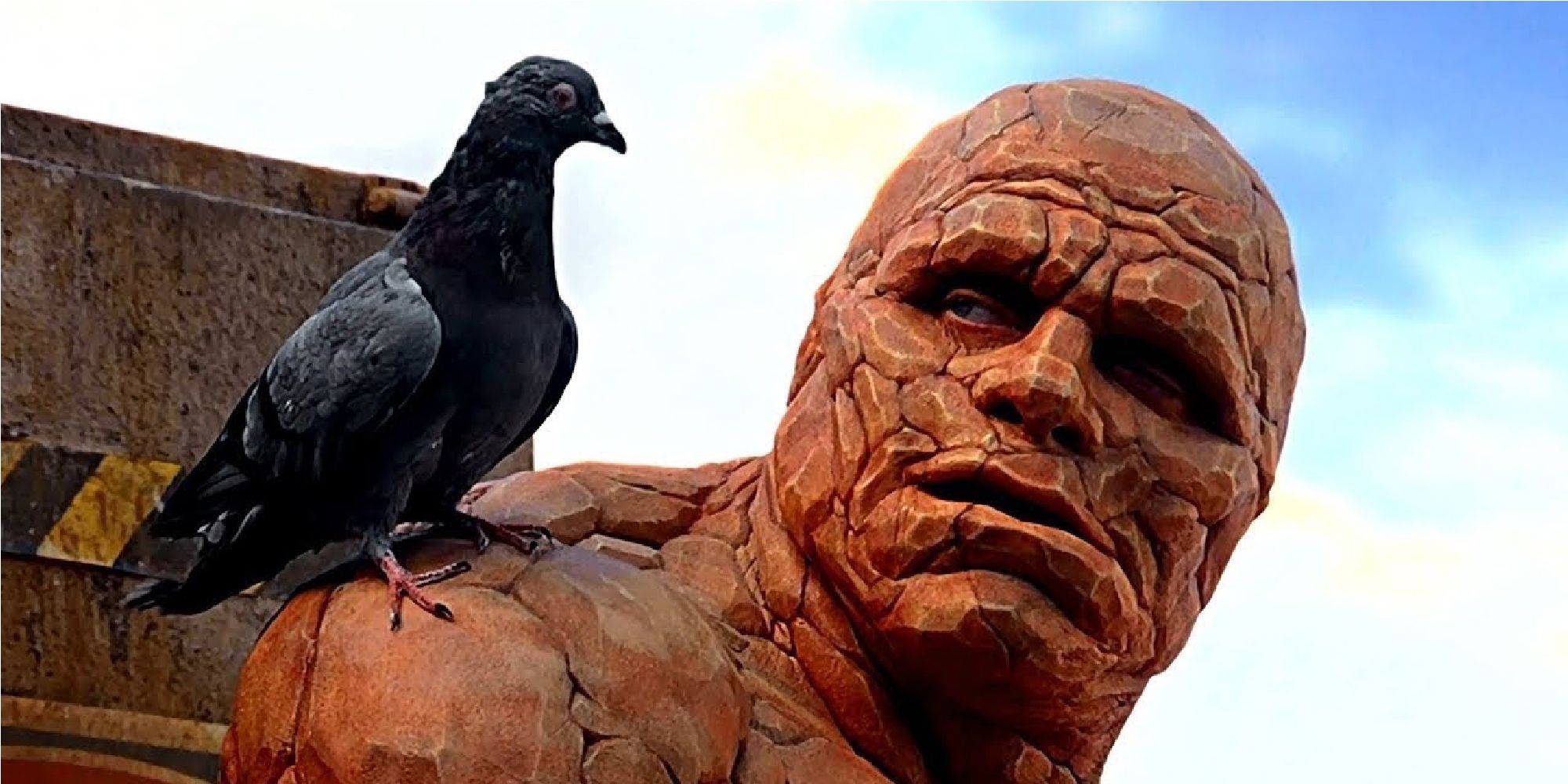
Over the course of the first film, Ben Grimm's plight as he transforms into the Thing is a central aspect of the plot. Not only is his physical appearance altered forever, but he loses his fiance and all semblance of his former life. It takes the entire movie for Ben to acclimate to his new self, learning to love himself despite his recent changes.
The character work concerning Grimm's transformation is surprisingly compelling in this film, with his journey managing to be one of the more memorable aspects of the franchise. The storyline defines the character moving forward, with a winning message behind it that looks shouldn't matter as much as the goodness of one's heart.
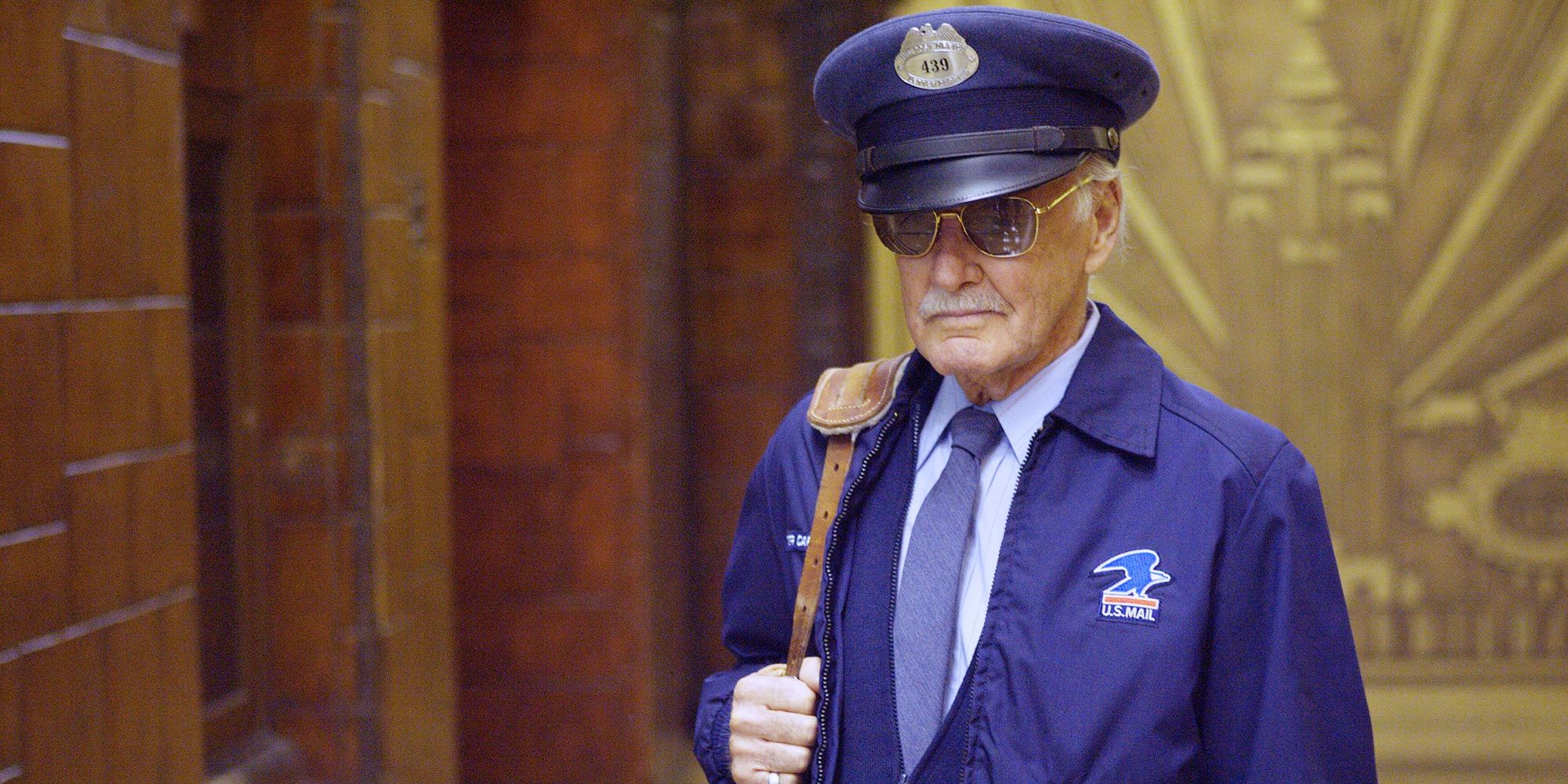
As with almost every Marvel film ever released, comics legend Stan Lee makes a cameo appearance at some point in Fantastic 4. This time, the creator of Marvel's First Family cameos as a mailman in the Baxter Building. Lee doesn't play just any mailman, however, but is actually Willie Lumpkin, the Fantastic Four's mailman from the comics.
This remains one of Stan Lee's best cameos, as he is actually able to take on a legitimate role from the comics rather than his usual anonymous characters. It certainly helps that the comic book version of Willie Lumpkin looks suspiciously similar to the late Lee, making it a particularly fun cameo for fans.
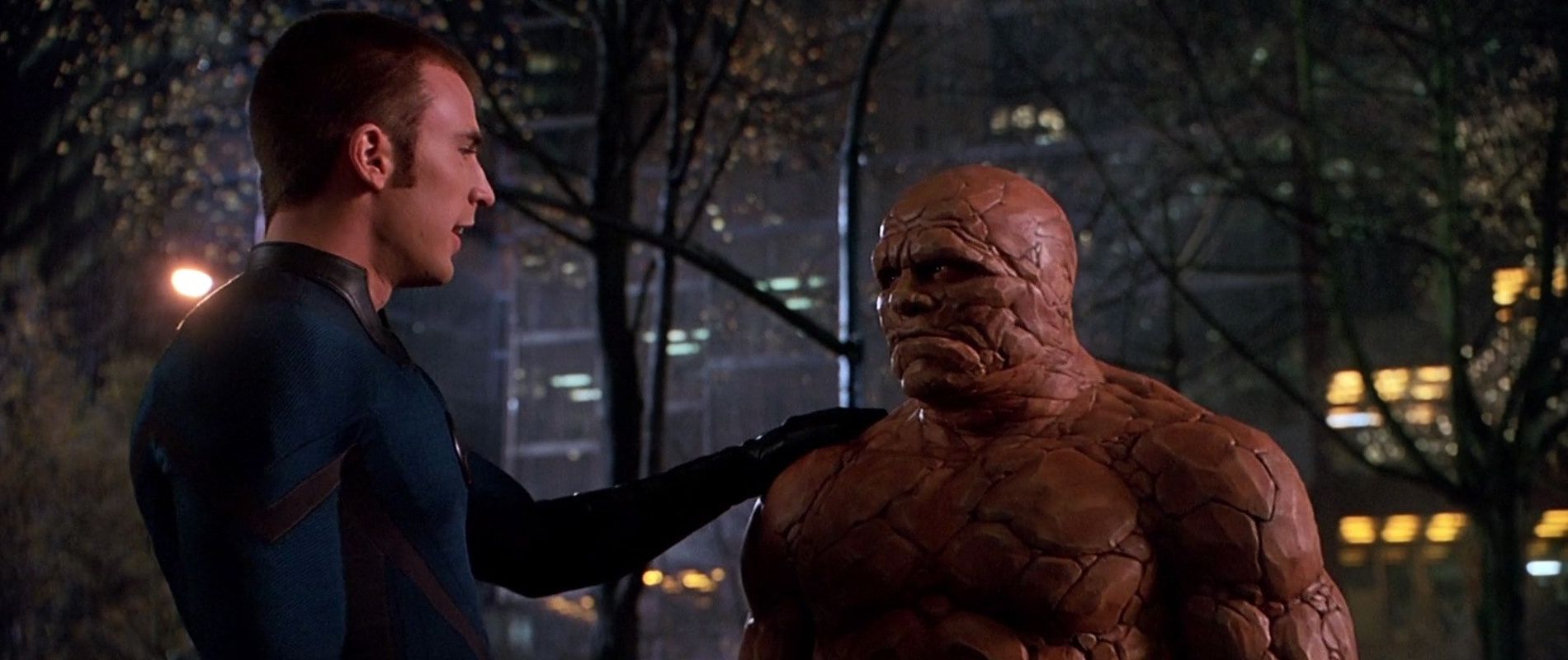
Over the course of Fantastic 4 and its sequel, Johnny Storm and Ben Grimm exchange plenty of jabs at one another (though the former of the two is certainly guilty of most of the verbal abuse). The pair's friendly rivalry becomes the defining feature of their relationship moving forward, quite similar to their comic book counterparts.
Though Johnny occasionally takes his jokes a bit too far, the witty repartee between himself and the Thing is unapologetically entertaining to watch. And, although the two usually can't stand one another, there are occasional moments throughout the films wherein they provide each other genuine support in hard times, balancing their relationship out quite nicely.
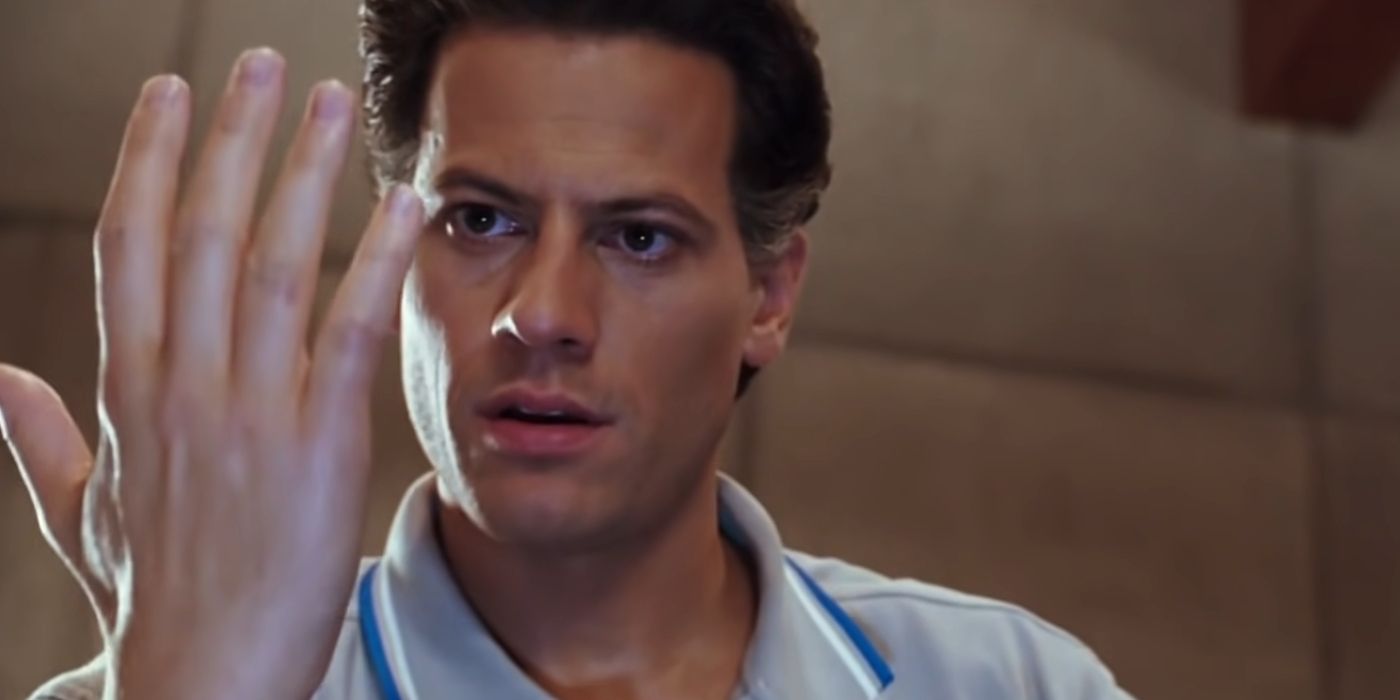
Mister Fantastic is known for being one of the most intelligent men on the planet, and this is no different with Ioan Gruffudd's portrayal. His version of the character is a genius in science, but less so when it comes to social interaction, which causes him plenty of trouble with his love interest Sue Storm.
Though audiences may have found Reed's overabundance of smarts to be a detriment to his character, this characterization is actually quite accurate to the comics, wherein Reed and Sue often have scuffles over his prioritization of science over romantic chemistry. Nevertheless, the sheer intellect of Reed Richards is part of what makes him a prime candidate to return in Multiverse of Madness as a member of the multiversal Illuminati.
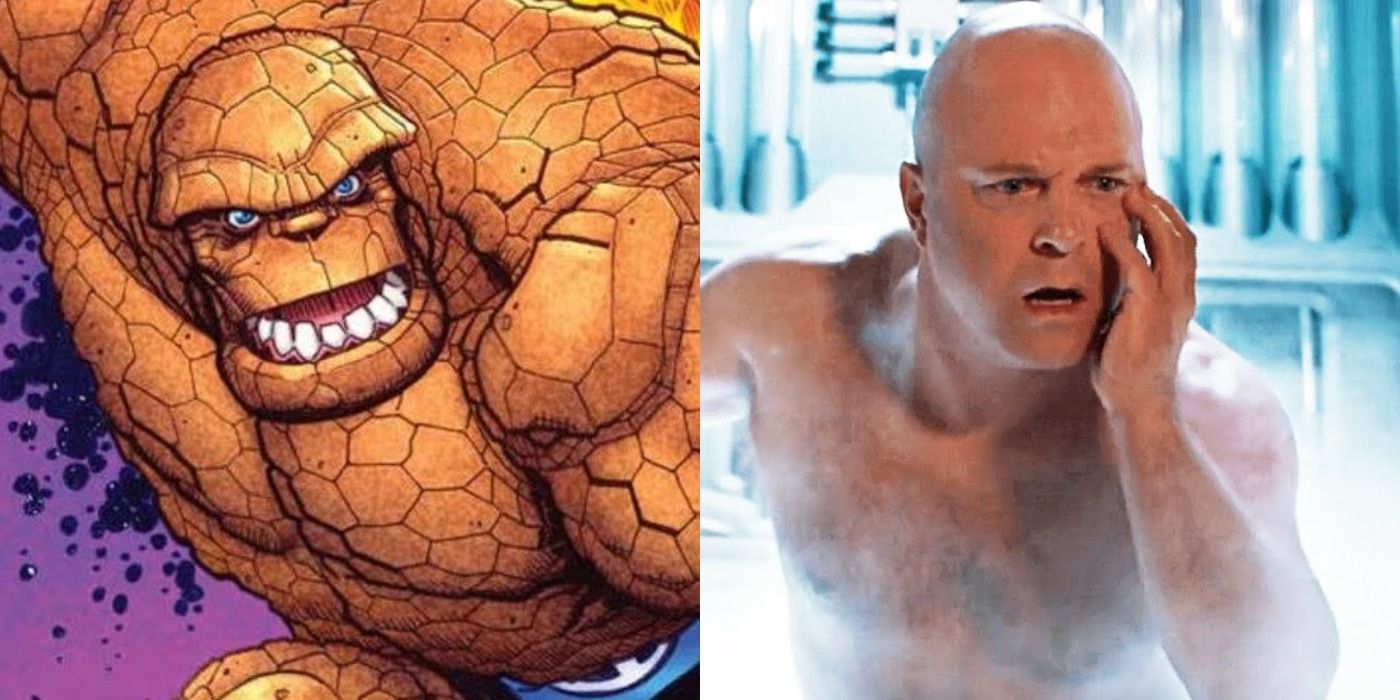
Michael Chiklis, a self-proclaimed comic book fanatic, became the first actor to play the Thing in an officially released live-action film. Beginning as Ben Grimm, the character undergoes a transformation into a monster built out of rocks, with Chiklis continuing to play the character after his physical change.
Though these films ultimately failed in producing a successful franchise, Chiklis's portrayal of the Thing is an admirable one, with the actor certainly making a strong case as to why he should get another shot at a superhero role, MCU or otherwise with his strong-willed and endearing portrayal of the classic comic character.
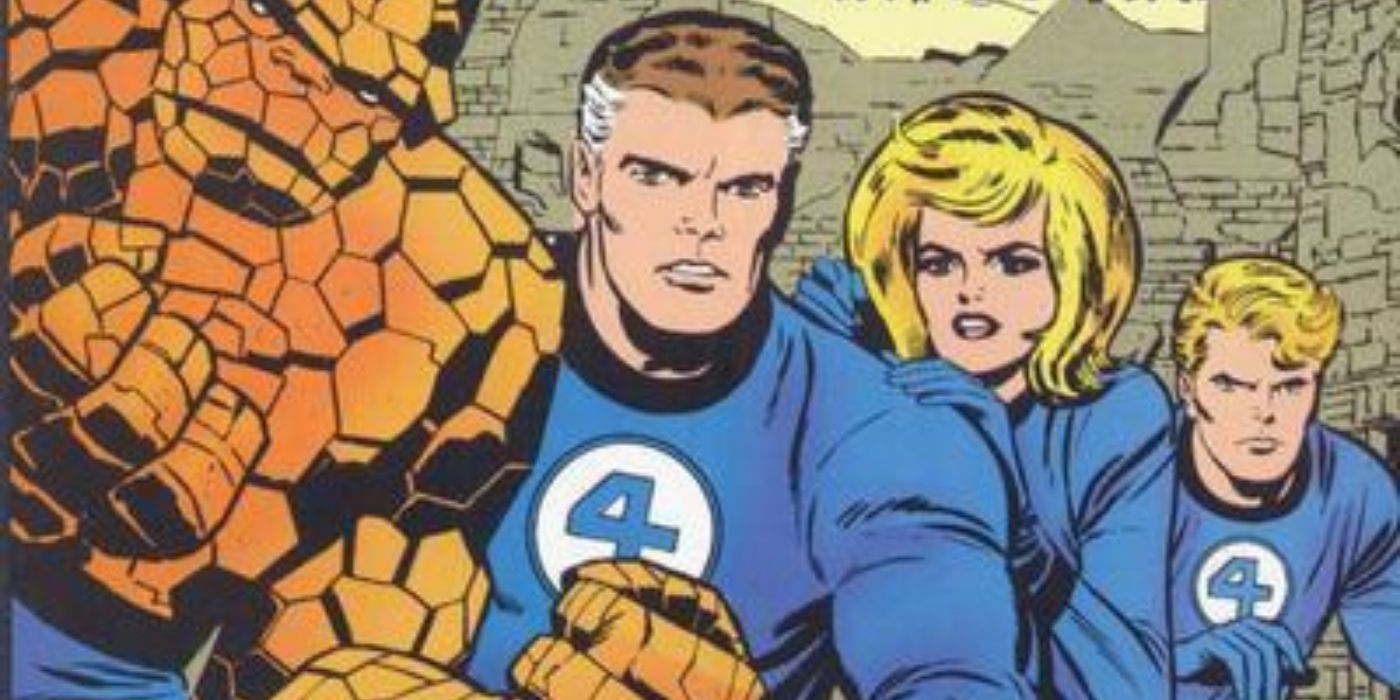
Though many have criticized Fantastic 4 and Rise of the Silver Surfer for their poor writing and general campiness, the fact remains that the film remained surprisingly comic book accurate, especially in an age of cinema wherein such adhesion to the source material was so uncommon.
The original adaptations of the Fantastic Four embraced certain aspects of the comic books that other movies may not have. The team was outfitted in suits that looked strikingly similar to the original comic books, used their legitimate superhero names, and even had the Fantasticar. Given that these films were released at the cusp of the age of gritty superhero reboots, like Batman Begins, their evident love of the source material is quite surprising--and holds up well to this day, where comic book campiness is beginning to be embraced once more.
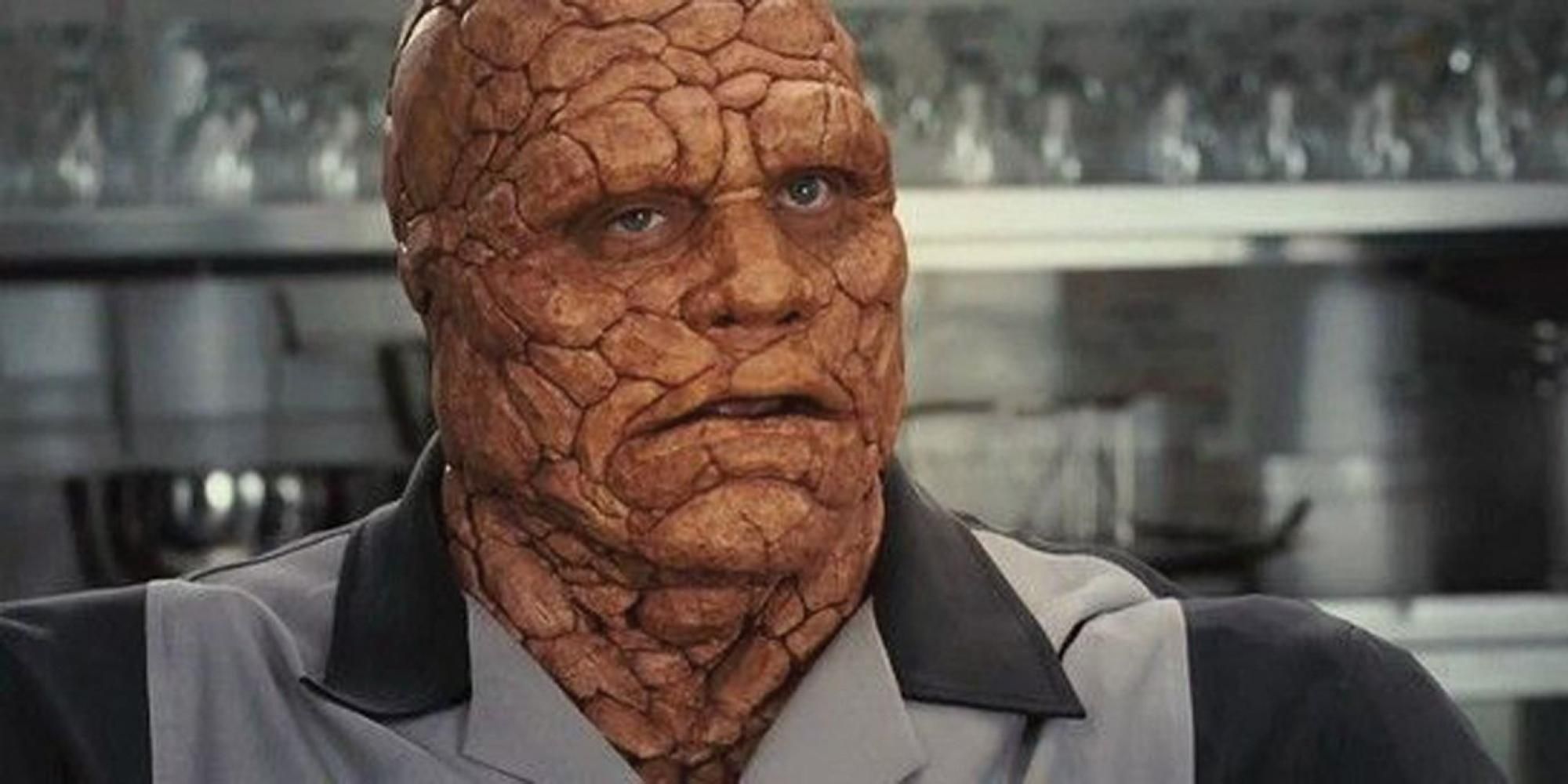
Despite the larger-than-life qualities of the Thing, actor Michael Chiklis is rumored to have been quite insistent that his character not be created digitally, instead portraying the rock monster with practical effects. This doesn't change for the 2007 sequel, where Chiklis continued to appear in heavy makeup to simulate the rock-hard flesh of the Thing.
The decision to use practical effects for the Thing greatly aids a movie that already suffers greatly from an overuse of CGI that has clearly aged poorly. The makeup used to create the Thing has aged better than any 2005 graphics would have, and allow for more input from the actor, whose expressions and body language aren't lost in a computer-generated mess.
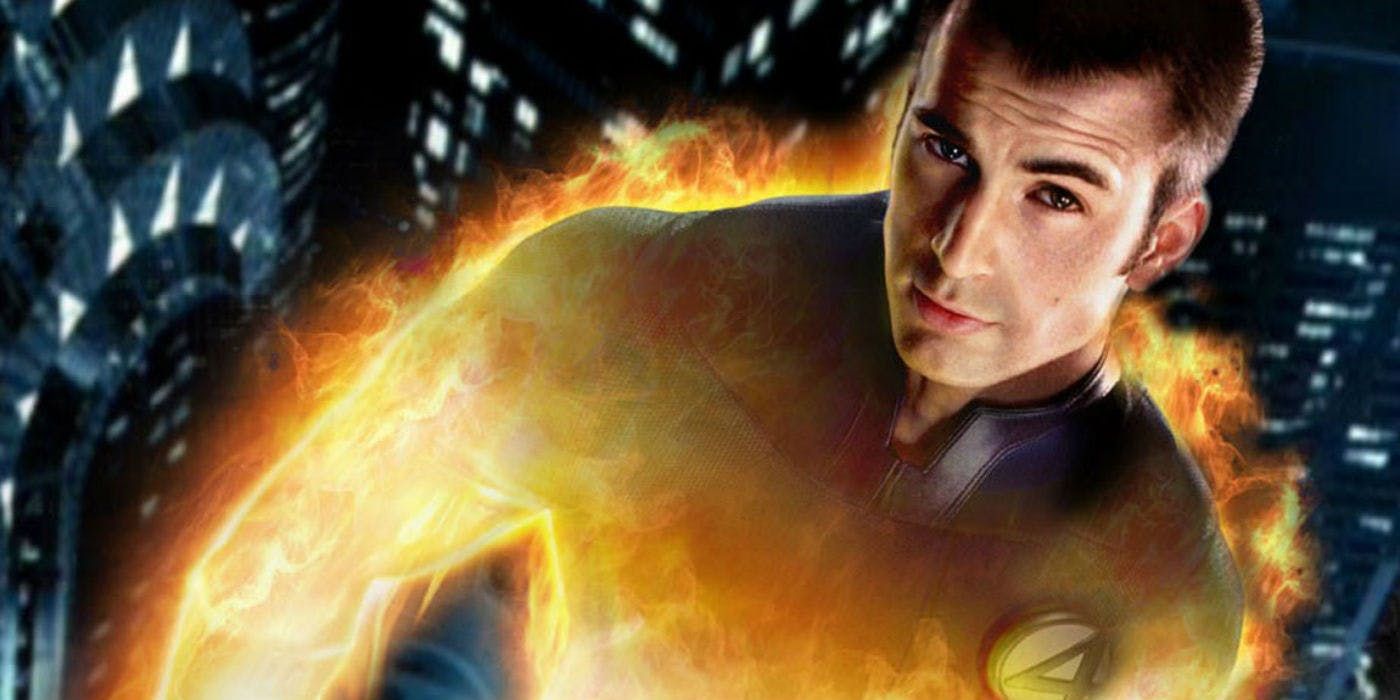
In the final act of Rise of the Silver Surfer, the Fantastic Four use Johnny Storm's zany power malfunctions to imbue the Human Torch with the power of all four members of the team in order to fight the cosmically powered Doctor Doom. The hotheaded hero manages to save the day before returning his powers to their rightful possessors.
Amidst heavy rumors that Evans's Human Torch will cameo in Multiverse of Madness, this remains one of the character's best scenes in the franchise. Though this version of Storm may lean a bit too heavily into Johnny's childish antics, it is undeniable that his power surge remains one of the coolest action sequences in either of the two films.
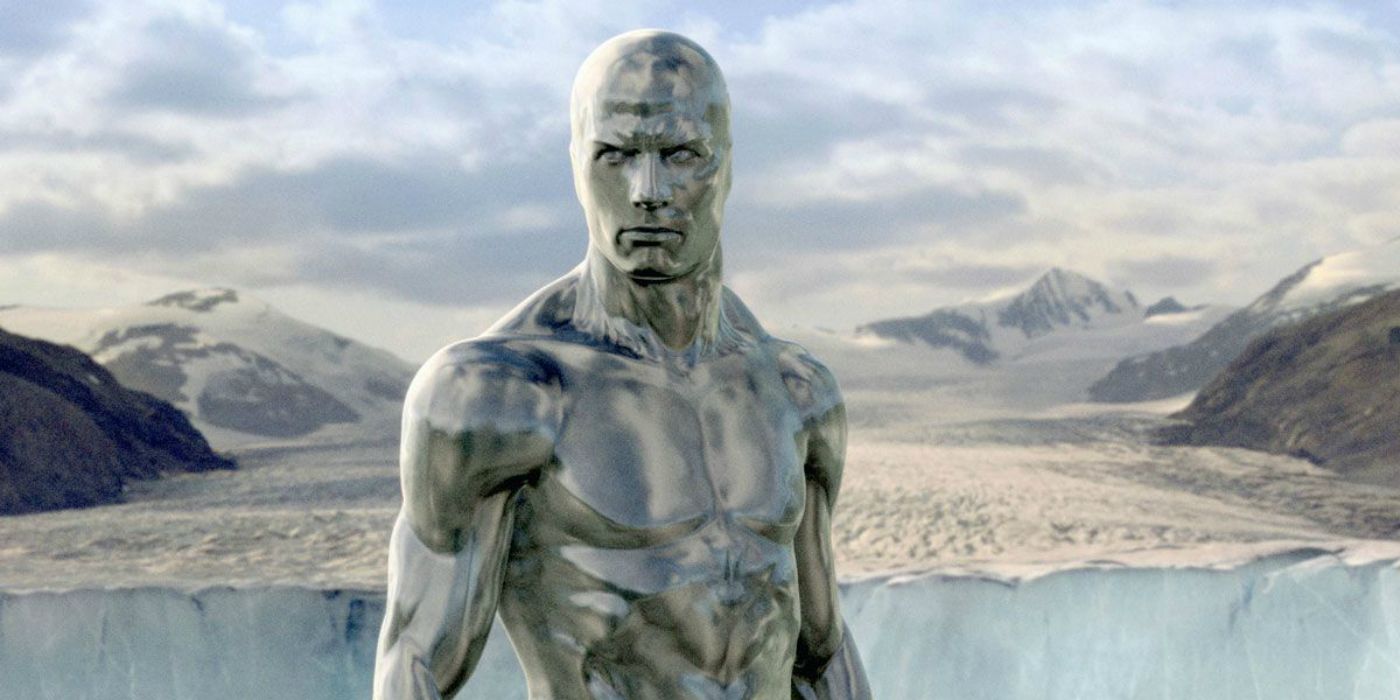
As the title of the film suggests, Rise of the Silver Surfer introduced audiences to the comic book fan-favorite Silver Surfer for the very first time in live-action. Voiced by Laurence Fishburne, the cosmically-powered entity made his debut as a herald of Galactus, before betraying the Devourer of Worlds in favor of a more altruistic approach to life.
Though many aspects of the original Fantastic Four films have been criticized over the years, it is difficult for even naysayers to downplay just how well the Silver Surfer is portrayed in this film. His backstory, powers, and iconic board are all represented with loving care and attention to detail, with even the 2007 CGI used to create the character's silvery metallic skin holding up rather well upon modern-day rewatches.
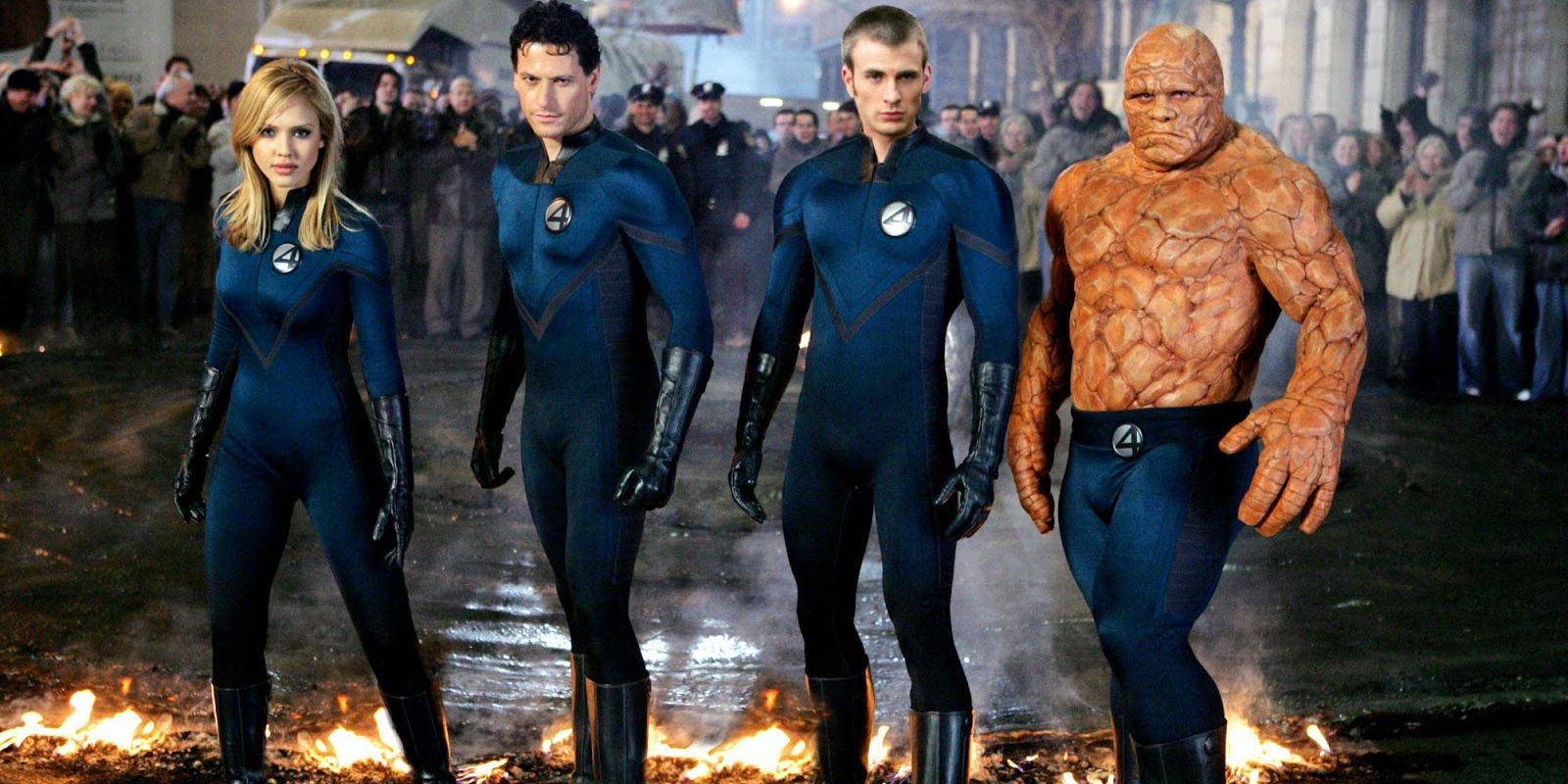
The Fantastic Four are often lovingly dubbed as "Marvel's First Family." Though this title does accurately describe the team using Marvel's love of alliteration, it also speaks to the larger theme of Fantastic Four stories: the family. These characters, blood-related or not, are a family, with all the love, rivalries, and fights that come with such a title.
Even for all their flaws, the original Fantastic Four films stay true to this central theme of family. The main four characters may fight like cats and dogs, but it is always clear that they care about each other more than anything else in the world. This is something the 2015 reboot of the franchise struggled to reproduce, with the original live-action version of the team remaining the best representation of Marvel's First Family.
Comments
Post a Comment